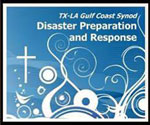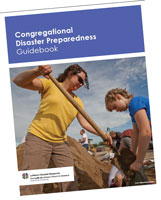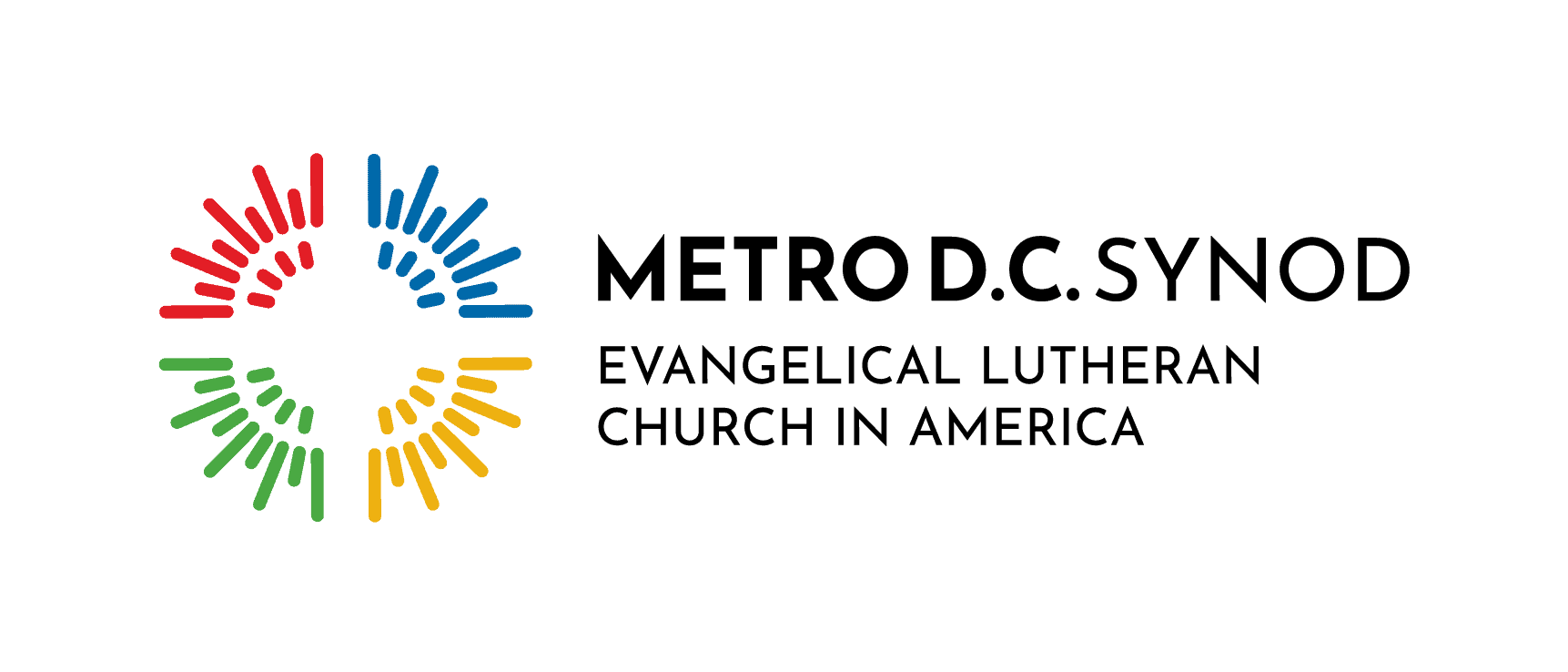Scramble-free disaster preparedness

by Karen Krueger
When you’re anxious enough to check alerts on your device, TV or radio, it’s NOT the best time to scramble for the church directory or insurance policy.
For us as individuals, and for congregations both as functioning entities and potential community support centers, it is good stewardship to spend some time developing disaster preparedness plans.
72 HOUR LUTHERANS

- Find a condensed 72 Hour Lutheran checklist at http://gulfcoastsynod.org/becominga72hourlutheran/.
In the ELCA Texas-Louisiana Gulf Coast Synod, which sends out a seasonal Hurricane Warning reminder to congregations, they ask members to “take a moment and make this a priority”:
- Determine escape routes;
- Make an evacuation plan for all pets;
- Share one out-of-state emergency contact for all of your family and friends;
- Call your church and ensure your information is correct;
- Know the vulnerability of your home and the safest areas within it; and
- Use a checklist to collect supplies.
CONSIDERATIONS FOR CONGREGATIONS
Congregational plans are included in ELCA Virginia Synod recommendations.
- Level 1 – Care for your Church
Back-up important data; photograph or video property; review insurance coverage; develop a plan for continuity of operation, including evacuation and relocation of worship and other services if necessary.
- Level 2 – Care for your People
Determine membership needs; provide resources for members to prepare their homes, families and selves for a disaster; create a database of members, identifying special needs as well as skills that can be brought to bear in case of disaster; create a plan for rapidly communicating accurate information (like a phone tree) to members in case of disaster.
- Level 3 – Offer Help to your Community
Create a record of physical assets including facilities that the congregation can offer in response to a disaster.

- Important congregational records are to be preserve in paper copies and protected from fire and water. A simple safe is enough in most cases.
- Pastors should have paper copies of church directories with them which they can use in the event that they cannot access electronic materials.
NOT REINVENTING THE WHEEL
Extensive resources exist to support disaster preparedness. The ELCA Disaster Response has available a free, downloadable, “Congregational Disaster Preparedness Guidebook” that answers many questions and suggests paths to being ready. Find at http://elca.org/News-and-Events/blogs/ELCALutheranDisasterResponse/270
The Federal Emergency Management Agency (FEMA) posts many preparedness resources, such as a child-friendly, fill-in-the-blank phone contact list in English and Spanish to basic kit recommendations in the brochure, “Prepare for Emergencies Now: Information to Get Ready.” See www.fema.gov.
With a congregational bend, the list at http://gulfcoastsynod.org/congregations/disasterpreprecovery/ also includes some great additional downloads, like “How to Replace Lost Documents” and worship ideas.
YOU LIKE CHAMOMILE?
Before an alert crosses your path, take a deep breath and a sip of herbal tea, and give some thought to congregational disaster preparedness. Our colleagues in synods across the ELCA affirm it is worthwhile.


